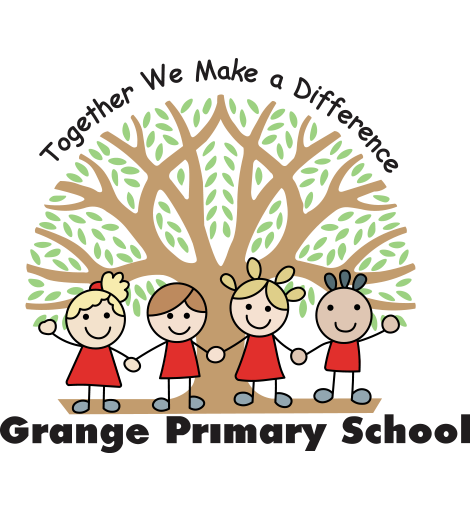Mental Health in Schools
Looking after a child or young person's mental health
There are times when we all feel the strain. As parents and carers, there are ways we can support children and young people to give them the best chance to stay mentally healthy.
Follow the link below for advice from the NHS:
Children's mental health - Every Mind Matters - NHS (www.nhs.uk)
Who are trained Mental Health First Aiders in school?
Miss Taylor - Headteacher
Mrs Harmer - SENCo
Mrs Sutton - Family & Pastoral Support
The DfE publication 'Mental Health & Behaviour in Schools (2018) states:
'Schools have an important role to play in supporting the wellbeing of their pupils, by developing approaches tailored to the particular needs of their pupils.
The school role in supporting and promoting mental health and wellbeing can be summarised as:
- Prevention
- Idenitfication
- Early support
- Access to specialist support'
In our school, we have the following in place to promote good mental health and behaviour:
- Positive Behaviour Management Policy, with clear routines, rewards, boundaries and sanctions
- Pastoral Support advice provided to all staff and pupils by Mrs Sutton, who is ELSA trained and accredited (Emotional Literacy Support Assistant)
- Specific and focused training for staff , which includes ACEs (Adverse Childhood Experiences), Mental Health & Anxiety in Young People (provided by LEHSS)
- Trained Youth MHFA staff
- Regular supervision for ALL staff
What is a Youth Mental First Aider?
Youth Mental Health First Aiders have:
An in depth understanding of young people’s mental health and factors that affect wellbeing
Practical skills to spot the triggers and signs of mental health issues
Confidence to reassure and support a young person in distress
Enhanced interpersonal skills such as non-judgemental listening
Knowledge to help a young person recover their health by guiding them to further support – whether that’s through self-help sites, their place of learning, the NHS, or a mix – engaging with parents, carers and external agencies where appropriate
Ability to support a young person with a long term mental health issue or disability to thrive
Tools to look after their own mental wellbeing
